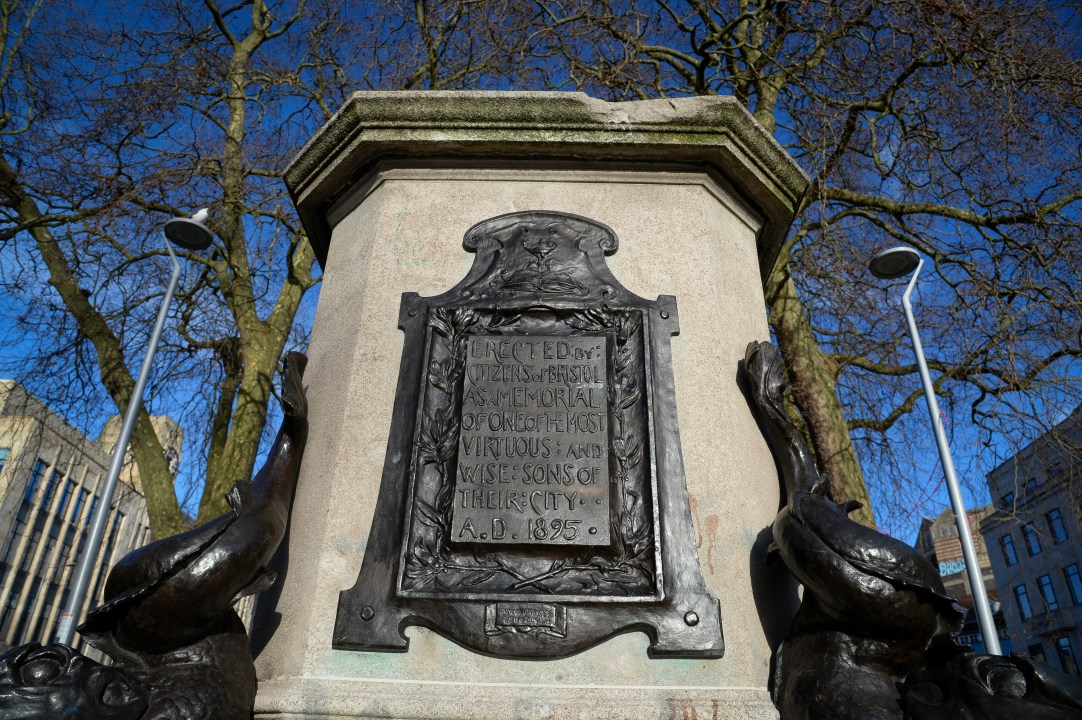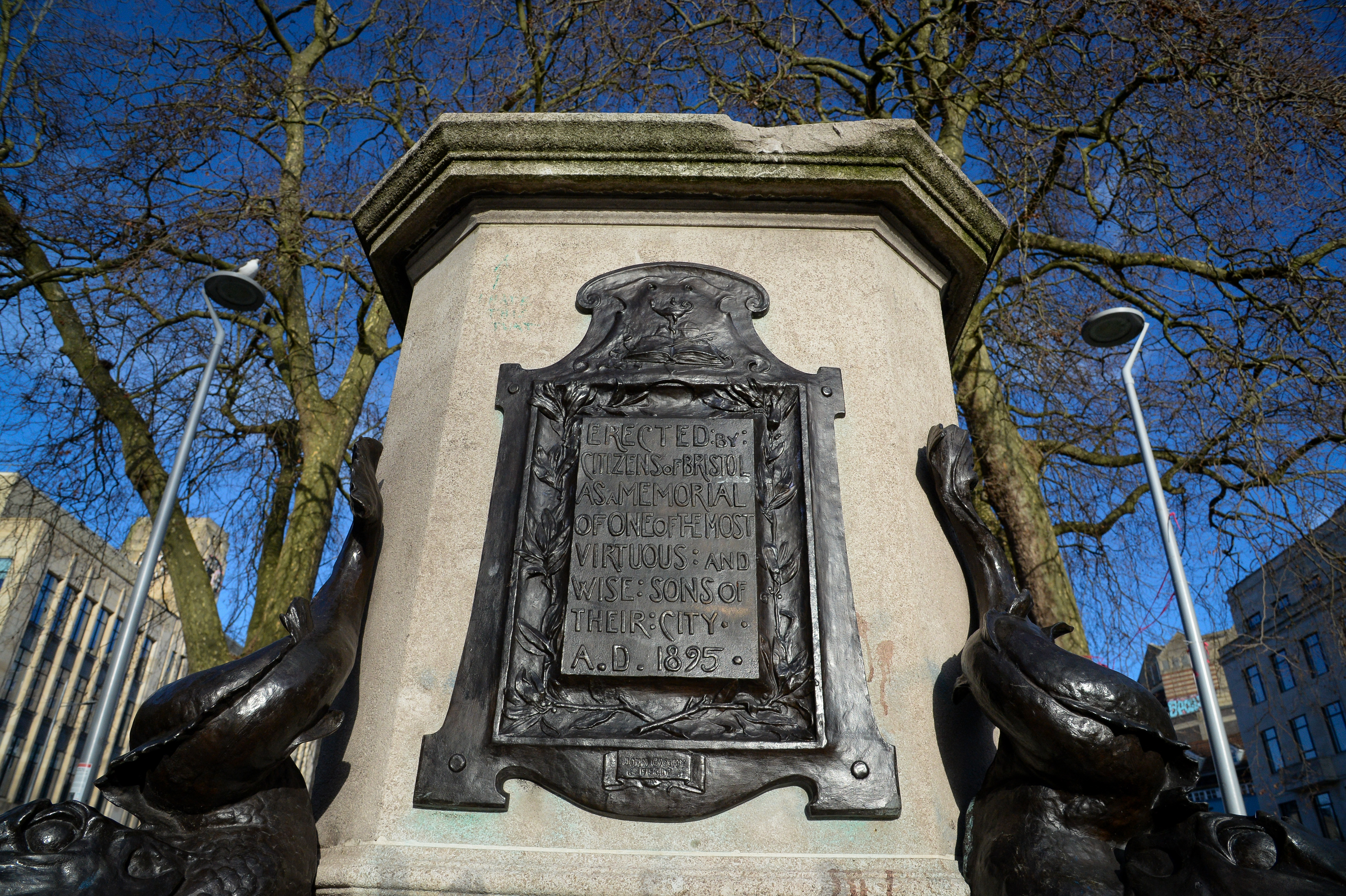The verdict is in on the case of the Colston statue in Bristol. Not guilty. Every one of the accused is innocent. And I mean that: everyone is innocent until proven guilty. If found not guilty, they must — at all times — have retained their innocence. But something feels wrong. Eminent lawyers have described the verdict as both absurd and perverse.
In the UK we ‘relate’ to law. We aren’t taught it in schools. Our parents, teachers, instead introduce it to us by osmosis. We have a feel for it, a grasp of it. We might have felt we knew what criminal damage was, and we might have felt that pulling down a statue was wrong.
That turns out to be an error. It seems that there is a defence to any charge of criminal damage if you ‘genuinely believe the owner consents to you doing the damage’. And it turns out that how genuine you are is a question for a jury. This jury concluded that the people doing the act genuinely believed that the owners of the statue consented to the act of pulling it down.
Moving from a rules-based system to the supremacy of values is a political act
We might think that there is a simple problem in the law here. Because if anyone in future both says they believed the ‘owner’ had agreed to a statue being pulled down, then they can do what they like. This is an obvious problem.
Other arguments were made — that the statue (when put up and since) was abusive or threatening, and that it was an indecent display. These are obviously silly. But while we don’t know the jury, we may credit them some intelligence
This verdict also represents something else. Something bigger that has been building for 20 or so years: an assault on the rule of law. It began by trying to define the rule of law in a hugely expansive way: blowing it up like a balloon until it meant very little at all, and floated away.
In the UK, we had a rules-based system. What seems to be instead rising is the idea of a values-based system. A system in which the rules bend depending on who is involved or depending on what they claim to believe.
That is a system of chaos. We saw it briefly with the climate protestors blocking roads. That was once clearly against the rules. But a new case in June last year took the once clear line (that you can’t block the highway) and blurred it. It said: sometimes you can. The result was the chaos we all witnessed (and blocked roads).
Rules are lines. They are clear and easy to follow. To destroy a rule you needn’t remove it — you can simply blur it. It will not surprise readers to learn this case was referred to in the Colston case.
I keep politics out of my articles. I defend the rule of law and our rules-based system because it is the one we have. But it is under heavy and sustained assault. There are clearly people who instead want a values-based system — one where what matters is not following the rules, but holding the right opinion.
Moving from a rules-based system to the supremacy of values is a political act — it isn’t for the legal system to enact policy. If you all decide you want a values-based system, then it is for the political sphere to do that — by elections, and referenda, and through politics. But the oddest thing of all is that I cannot see anyone in the political arena publicly calling for this shift.







Comments